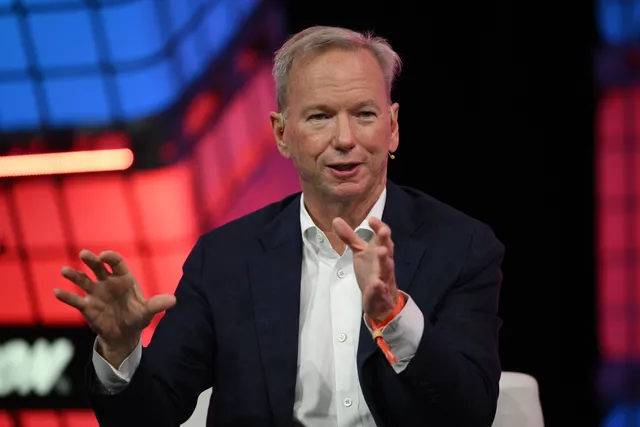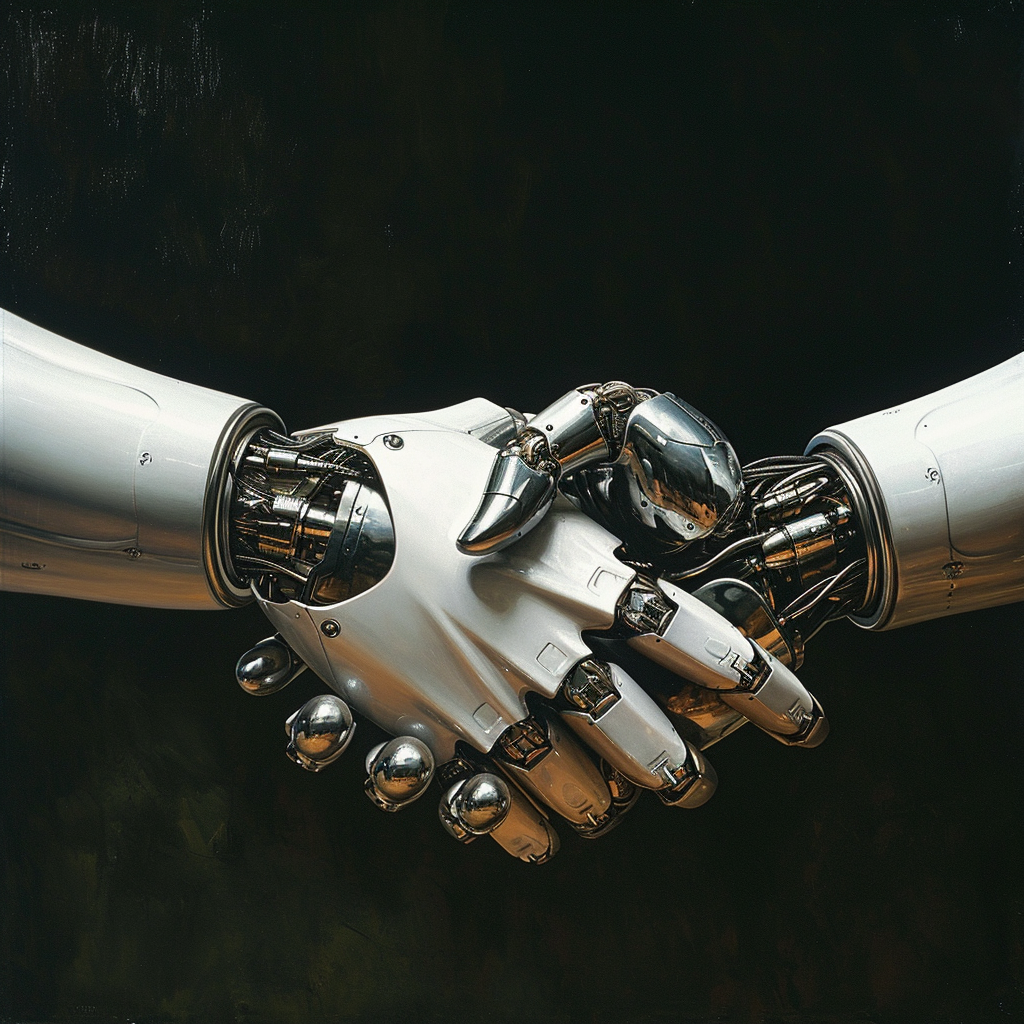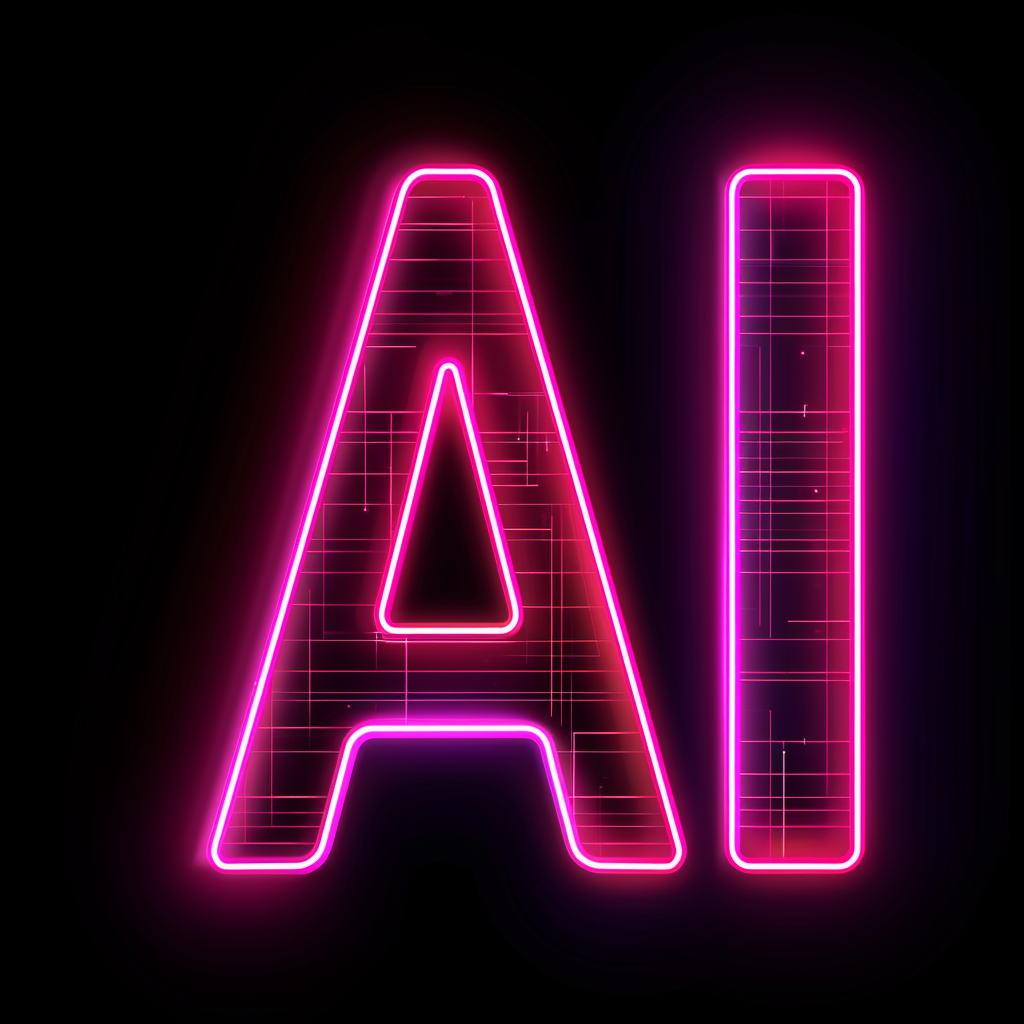
Eric Schmidt, former Google CEO and chairman, has ignited controversy with provocative remarks about AI startup tactics, raising serious questions about ethics in tech innovation. His comments, made during a recently removed talk at Stanford University, have sent shockwaves through Silicon Valley.
Schmidt’s Contentious Strategy
In a startling hypothetical scenario, Schmidt outlined an aggressive approach for AI startups creating a TikTok competitor:
“Make me a copy of TikTok, steal all the users, steal all the music, put my preferences in it, produce this program in the next 30 seconds, release it, and in one hour, if it’s not viral, do something different along the same lines.”
Doubling down on this controversial stance, Schmidt added:
“If you’re a Silicon Valley entrepreneur, which hopefully all of you will be, is if it took off, then you’d hire a whole bunch of lawyers to go clean the mess up, right? But if nobody uses your product, it doesn’t matter that you stole all the content. “When reminded he was on camera, Schmidt acknowledged but defended the approach:
“Silicon Valley will run these tests and clean up the mess. And that’s typically how those things are done.”
Ethical Implications and Industry Reaction
Schmidt’s comments have sparked intense debate about ethical practices in the fast-paced world of AI startups. Critics argue that this “move fast and break things” mentality undermines intellectual property rights and promotes a culture of theft in the tech industry.
“This kind of advice from a former tech giant CEO is deeply troubling,” says Dr. Emma Chen, an ethics in technology professor at MIT. “It suggests a willingness to prioritize growth over legal and ethical considerations, which can have far-reaching consequences for society and the tech ecosystem.”
Supporters of Schmidt’s view, however, argue that rapid iteration and pushing boundaries are necessary for innovation in the competitive AI landscape.
Schmidt’s Ongoing Influence
Despite stepping down from his chairman role at Google in 2015, Schmidt remains a prominent figure in Silicon Valley. He is an active investor in AI startups, including Mistral, and describes himself as “a licensed arms dealer” to the U.S. military.
These latest comments come on the heels of Schmidt’s criticism of Google’s slow response to ChatGPT, where he blamed the company’s employees for prioritizing remote work over innovation.
Broader Context: AI and Intellectual Property
Schmidt’s remarks highlight the ongoing challenges at the intersection of AI and intellectual property law. As AI systems become more sophisticated in generating content, questions about ownership, attribution, and fair use are becoming increasingly complex.
“The AI industry is moving faster than our legal frameworks can adapt,” notes intellectual property lawyer Sarah Goldstein. “Schmidt’s comments, while controversial, point to a real tension between rapid innovation and traditional IP protections.”
Looking Ahead
As the debate unfolds, it’s clear that the tech industry is at a crossroads. The balance between innovation and ethical considerations will likely shape the future of AI development and regulation.
Schmidt’s connections to other tech leaders, including a close friendship with Sam Altman and recent interactions with Elon Musk, underscore the potential far-reaching impact of these ideas within the upper echelons of the tech world.
As AI continues to evolve, the industry will need to grapple with these ethical dilemmas, potentially leading to new frameworks for responsible innovation in the AI era.




